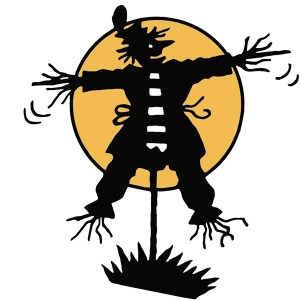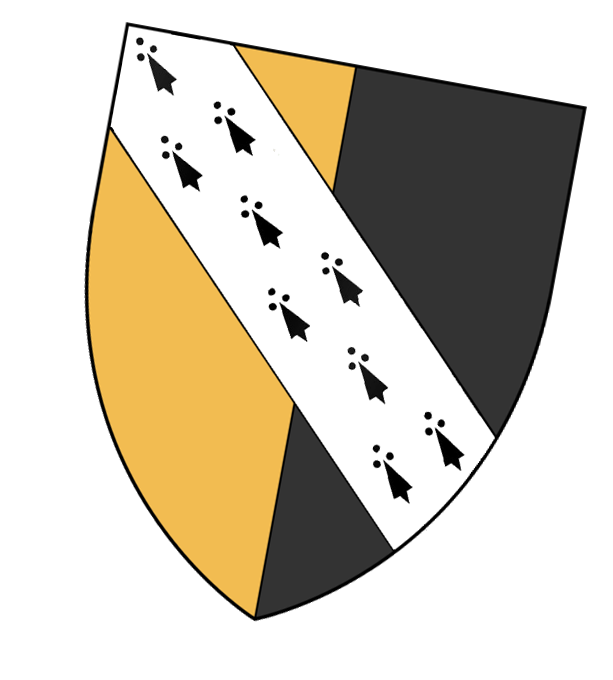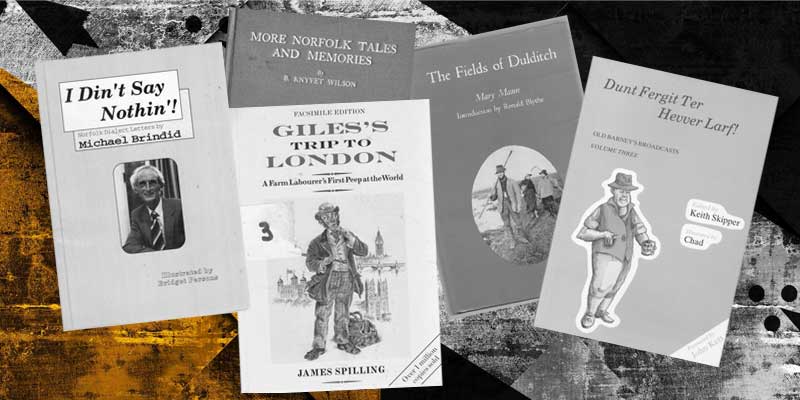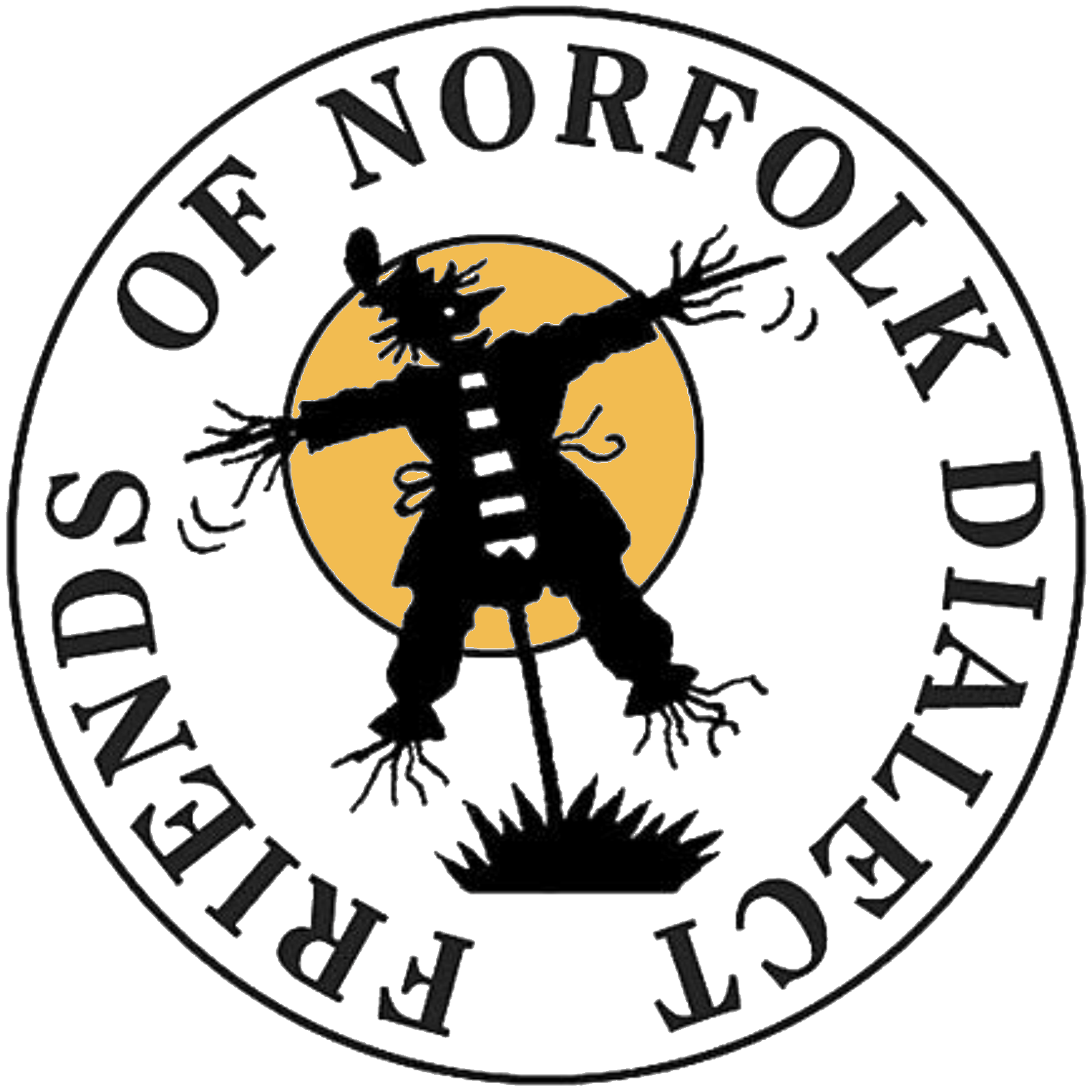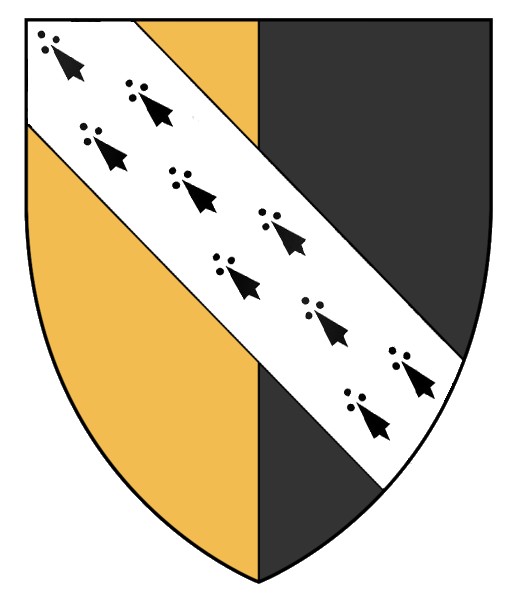
Prof Peter Trudgill, FBA, President of FOND
Honorary Professor of Sociolinguistics at the University of East Anglia
Speaking the Norfolk Dialect
Follow the links below to receive lessons in ‘Broad Norfolk’. Firstly, there is the Basic Level so as not to sound as if you come from somewhere else, followed by the Introductory Level to make you sound like you do come from Norfolk! Then there’s the Intermediate Level to have you sounding even more like you come from Norfolk, and, finally, there’s the Advanced Level by which time even us locals may be fooled into believing that you could, possibly, even come from Norfolk!
Best of luck, my ol’ bewties!

HOW NOT TO SOUND AS IF YOU COME FROM SOMEWHERE ELSE!
(A) Do not pronounce an ‘R’ unless it is followed by a vowel.
– Pronounce the ‘R’ as you normally would in words like rat and carry.
– But do not EVER pronounce the ‘R’ in words like cart, bird, fort, beard, dared, muttered.
– This makes you sound as if you have some kind of West Country accent, and it’s what leads to the perfectly justified accusations in letters to the EDP (that’s the Eastern Daily Press in case you didn’t make its acquaintance during your visits to the county) that all that you are doing is speaking ‘Mummerzet’.
(B) Do pronounce the short ‘A’ vowel in words like cat, bad, man as you normally would, and not with a fake West Country accent which makes bad sound like ‘bahd’.
– Norfolk people, as near enough as makes no difference, pronounce bad in the same way that Londoners and other people in the southeast of England do.
(C) Do not turn ‘L’s into vowels in the way that Londoners do.
– Norfolk people do not pronounce milk like ‘miook’ or pail like ‘pay-oo’.
“Best of luck with the Basic Level – next we’ll try to get you sounding as if you might even come from Norfolk!”
HOW TO SOUND LIKE YOU DO COME FROM NORFOLK
(A) Try and pronounce words like here, beer, clear, dear, fear the same as hair, bare, Clare, dare, fare.
– Believe it or not, this is what we do.
(Note for advanced and/or adventurous learners: this also applies to words like idea, diarrhoea, vehicle, creosote)
(B) Try and pronounce words like garden, path, half, cart with a vowel in the front of the mouth rather like Australians do.
– Avoid the vowel sound in the back of the mouth that is associated with posh accents, Cockney and South African English.
– And of course, do not put an ‘R’ in words like garden, cart.
(And especially not in words like path – then you will sound like Eddie Grundy!)
“Have fun with the Introductory Level – next we’ll try to get you sounding a bit more as if you come from Norfolk!
HOW TO SOUND EVEN MORE LIKE YOU DO COME FROM NORFOLK
(A) It is better if you do not drop your h’s.
– Rural East Anglia and Geordieland in the Northeast are the only two areas of England to which ‘h-dropping’ has not yet penetrated.
– Like many things that start life in London we have been rather resistant to this and you will therefore sound more authentic if you do not indulge in it.
– It is not too serious, however, if you forget and drop a few h’s – then people will think you come from Norwich or Yarmouth, urban areas which are of course always in the vanguard in the acceptance of exciting new changes from the metropolis, provided of course that these innovations are at least 100 years old.
(B) Get the co-operation of the script writers in ensuring that the real local characters in the series omit the third-person singular present-tense ‘-s’.
– This is not so scary as it sounds. All it means is that, according to the grammar of the Norfolk dialect, forms with verbs like ‘she works there’, ‘he likes it’ do not happen.
– We say ‘she work there’, ‘he like it’.
– If you think about it, this is actually very sensible, as that little -s doesn’t do anybody much good at all really, and leaving it out makes the verb system nice and regular:
– I, you, he, she, it, we, they all like it.
– And of course we also say ‘he do’ rather than ‘he does’, and ‘she have’ rather than ‘she has’. So you will hear ‘he like it, do he’?
“See how’ya go on wi’ this one then!”
HOW TO SOUND LIKE YOU MIGHT EVEN COME FROM NORFOLK!
That instead of it.
The grammar of Standard English distinguishes between two different forms of most of the personal pronouns. The distinction has to do with whether the pronoun is the subject or the object of the sentence – as the following examples show:
– I like Brenda but Brenda likes me
– He saw Ashley but Ashley saw him
– She loves Colin but Colin loves her
– We adore Stewart but Stewart adores us
– They admire Keith but Keith admires them
However, there is no such difference in the case of it:
– It is raining and I hate it.
In Norfolk, though, we do make a difference. We still use it in places where we would use me, him, her, us, them. But in places where we would use I, he, she, we, they we don’t use it but that.
This is most obvious in weather expressions. Where other people would say: “it’s raining”, we say things like:
– That’s raining
– That’s hot today
But notice that we still say things like:
– I hated it when that was raining.
– We love it when that’s hot.
But it is not just in weather expression that this occurs:
– Where’s the cat? That’s on the sofa.
The Norfolk Long ‘O’
Now, this is quite hard, so please concentrate.
In Norfolk we have two different vowels corresponding to the single long o of other forms of English. Happily, it’s mostly possible to tell which word has which vowel by looking at the spelling.
Words spelt with ou, ow and ol like soul, know, told are pronounced rather like they are in much of the rest of southern England, with a noticeable diphthong – a vowel which changes its quality between the beginning and the end.
On the other hand, long o words which are spelt with oa or o_e or just o, such as coal, hope, most, have a very different and distinctive Norfolk vowel which to many outsiders sounds very like the long u sound of loose – but in fact it’s not the same. It’s pronounced further back in the mouth and is very similar to the sound of ou in French nous ‘we’ and the long sound of u in German gut ‘good’.
This means, that in Norfolk, pairs of words like these aren’t pronounced the same:
French ‘ou’ sound |
Diphthong |
nose |
knows |
groan |
grown |
moan |
mown |
so |
sew |
toe |
tow |
throes |
throws |

